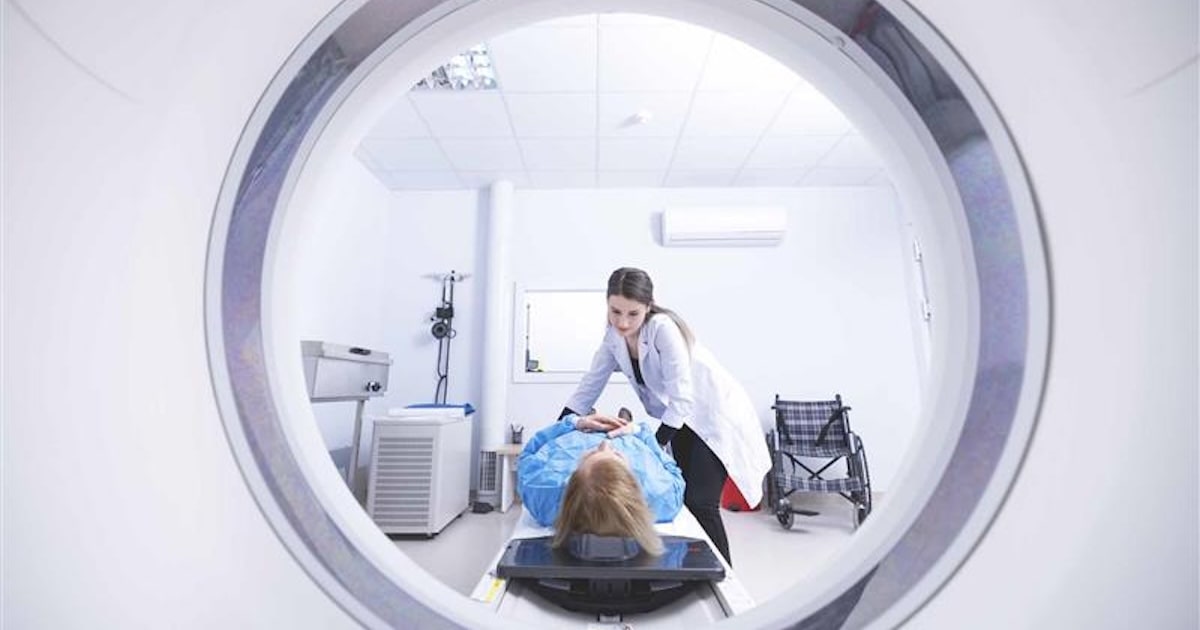
Photo: Jonathan Knowles/Getty Images
medAstra, a spinoff of space-inspired healthcare innovation company BioAstra, has emerged from stealth to bring astrospace health technologies to healthcare organizations on Earth.
BioAstra conducts out-of-orbit science to explore how humans can travel through space with "earth-independent healthcare solutions," including digital health remote monitoring, while simultaneously tackling the challenges of microgravity environments.
medAstra will bring BioAstra's technologies and science to Earth, providing adherence kits for post-operative recovery, commercial spaceflight and high-performance longevity medicine.
For surgical recovery, the company says it will provide post-operative kits to ease pre- and post-op regimens into labeled, time-stamped modules to assist patients and reduce complications.
Regarding commercial space flight, medAstra says it will offer purpose-built medical and research inventory systems for civilian spaceflight crews, taken from its kits originally built for microgravity and analog conditions.
The company will also offer a streamlined, high-integrity system that preserves each test, sample and supplement for longevity medicine.
"Medical systems that keep astronauts safe in orbit can, and should, raise the standard of care on Earth," Savi Glowe, CEO and cofounder of medAstra, said in a statement.
"We built adherence tools to function in the chaos of microgravity. That same engineering discipline applies anywhere protocol failure isn't an option."
THE LARGER TREND
In a study published in the scientific journal Cells, researchers noted that over the next decade, numerous companies and countries will continue to push the boundaries of commercial space travel with both known and unknown risk factors.
"There is an urgent need for expanded research to determine the true extent of the current limitations of long-term space travel and to develop potential applications and countermeasures for deep space exploration and colonization," the study's authors wrote.
"Researchers must leverage emerging technology, such as AI, to advance our diagnostic capability and provide high-quality medical care within the space environment."
Several companies are exploring the effects of space travel on the human body, including the Translational Research Institute for Space Health, Elon Musk's SpaceX, NASA and Canadian company Phyxable, which built a fully autonomous medical pod to advance space health.

